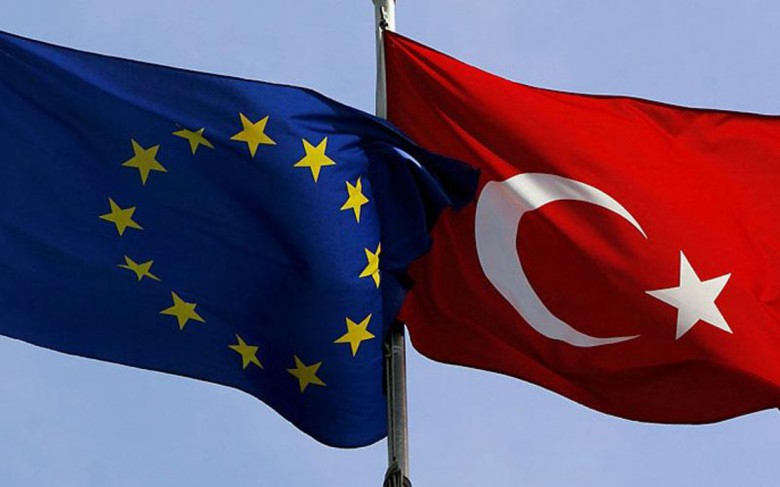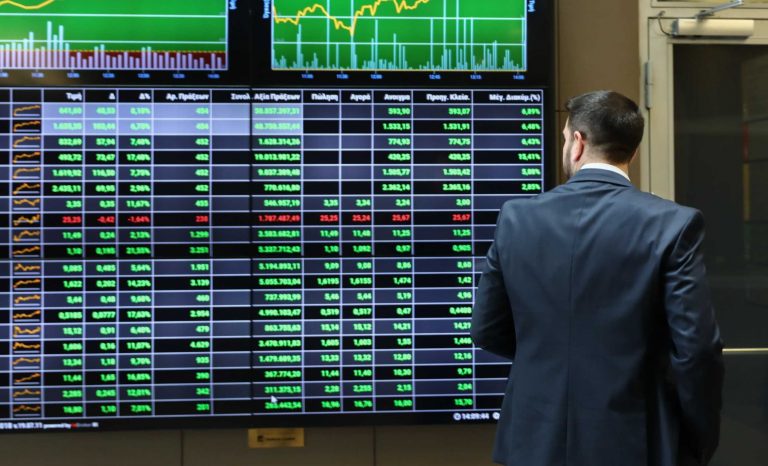The need to reduce the Excise Tax on alcoholic beverages is mentioned in a relevant report for the sector compiled by the Foundation for Economic & Industrial Research – IOBE.
According to the IOBE study, the wider supply chain of alcoholic beverages contributed €1.75 billion to the GDP and supported 61 thousand full-time jobs in 2021.
In the study, it was estimated that the total losses of tax revenue from the illegal trade in alcoholic beverages amount to approximately €60 million (non-payment of excise tax and VAT), not counting the losses from the so-called “two-day distillation products”. With reference to the last, excise tax losses from the popular “bulk tsipouro”, are estimated at up to €90 million.
Illegal trade
It is estimated that the restriction of the illegal trade in alcoholic beverages e.g. through a reduction in VAT, but also through coordinated controls, will bring multiplier benefits to tax revenues, public health, the viability of many businesses and employment, and will strengthen the operating framework of healthy businesses.
Indicatively, the study estimated that a possible reduction of illegal trade by 20% would lead to approximately €30 million in additional tax revenue from VAT and excise tax per year, while a greater reduction by 50% and substitution of these consumption amounts with legal alcoholic beverages, could lead to additional revenues of €70m from VAT and excise tax.
In particular, the effects on the alcoholic beverages market of the continuous and prolonged crises experienced by the Greek economy after 2009, as well as the potential impact of the adjustment of the tax framework applicable to alcoholic beverages, are examined by the new IOBE study entitled “The alcoholic beverages industry in Greece: Contribution to the economy and prospects”.
Consumption reduction
The escalation of excise duty rates on alcoholic beverages in the period 2009-2010 led to a reduction in consumption and the substitution of part of the legal market by illegal alcoholic beverages, trends that were also reinforced by the decrease in consumers’ disposable income.
The pandemic was a test for the supply chain of alcoholic beverages, dramatically affecting consumption due to the forced lockdowns in entertainment and food service and the limitation of tourist flows. Alcohol consumption fell by 65% in 2020 and recovered in 2021, but not to pre-pandemic levels. Legal recorded sales of alcoholic beverages in 2021 were at 90% of the 2019 level and 50% compared to 2009.
According to the IOBE study, Greece has the highest rate of VAT on alcoholic beverages among the EU-27 countries (in purchasing power units) and more than twice the average of neighboring countries, some of which are competitors on the tourism market.
High taxation within the wider economic environment, as the pandemic, energy costs and high inflation have strengthened uncertainties in the economy.
In this context, according to the IOBE study, it would be positive to support the businesses of the wider supply chain of alcoholic beverages to cope with these challenges, with the basic measure being the readjustment of the level of taxation.
The study assessed the effect of reducing the VAT on alcoholic beverages from the current level of €2,550 per 100 lt of ethyl alcohol to €1,800 per 100 lt of ethyl alcohol (EU average). A reduction in the VAT rate can help curb the illegal trade in alcoholic beverages and replace unregistered with legal consumption, which is controlled and safe, while strengthening the legal segment of the market, creating a more robust business environment with restraint or employment enhancement.
The effect of the reduction of the excise tax
Based on IOBE’s analysis, the convergence of the excise tax with the EU average will have a positive effect on the Greek economy, leading to:
- Increase in GDP from €159 million to €314 million.
- Increased employment throughout the alcoholic beverage supply chain from 5.5 thousand to 11.5 thousand jobs
- Total revenue change (VAT, excise tax, income taxes) up to €11.9 million.
Improvement
In addition to the adjustment of the taxation of alcoholic beverages with its convergence towards the EU average, positive contributions to the operation of the market and the development of the alcoholic beverages sector could be made by:
- The improvement of the digital functions of the control and supervision services of alcoholic beverages with the universal application of the LOTIFY system and the creation of an electronic register of two-day distillation rpoducts and distillers, with the aim of limiting illegal trade,
- The regulation of the production and distribution of spirits in bulk, through electronic monitoring of such from production to consumption, in combination with the provision of incentives to traditional distillers for the standardization of their products,
- The support of domestically produced alcoholic beverages through the establishment of a product promotion program of geographical indications and the financing of a program of strategic entry into foreign markets, with the aim of strengthening exports and improving access to financing and information on distribution channels abroad, in particular for small and very small Greek businesses, and
- The facilitation of business investments by electronic processing of studies and submission of all the elements of an investment to an institution.











![Οι αλλαγές που υπάρχουν στα φορολογικά έντυπα για τα εισοδήματα του φορολογικού έτους 2024 από ακίνητα [Γ’ Μέρος]](https://www.ot.gr/wp-content/uploads/2025/03/akinita.jpeg)










